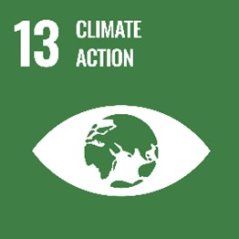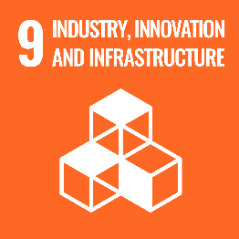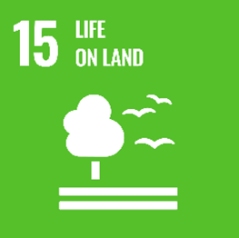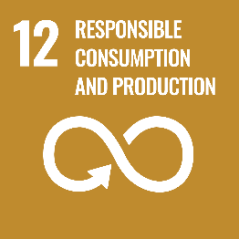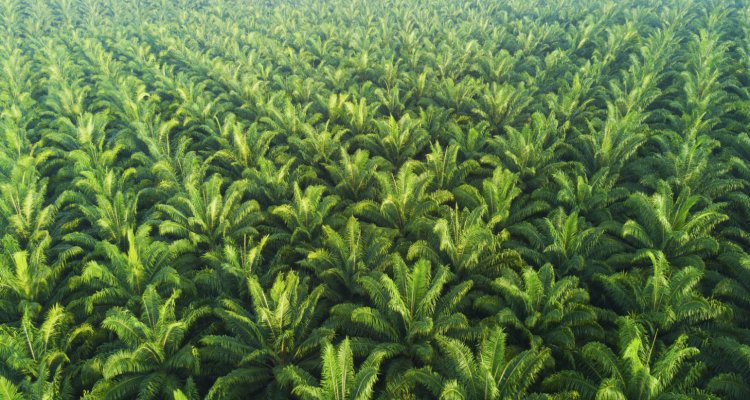
Project
SustainPalm: Sustainable oil palm Indonesia
A joint implementation program between Indonesia and The Netherlands to support sustainable palm oil production in synergy with the Sustainable Development Goals (SDGs).
Goal
Accelerate the use of land saving practices by increasing outputs, income, and resilience to adverse conditions. This will benefit producers, reduce Green House Gas (GHG) emissions, and avoid biodiversity loss (see figure below).
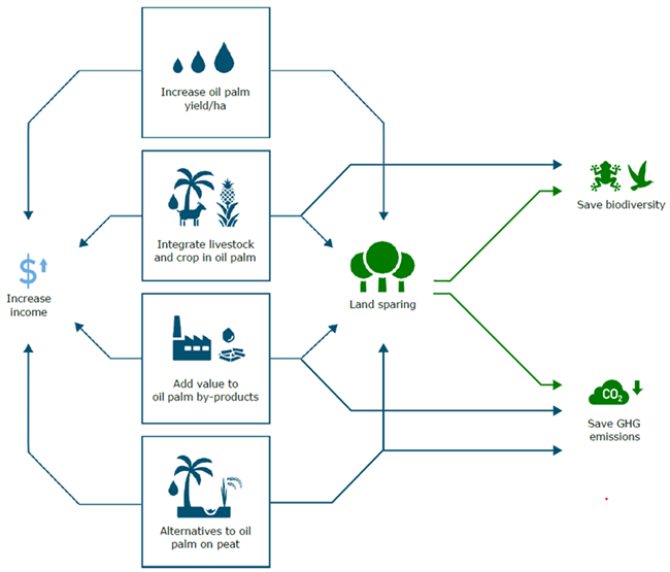
Approach
The program is executed in Communities of Practice (COPs) and in geographically based Living Labs (LLs), where multiple stakeholders are responsible for local implementation of interventions with smallholders, company plantations and mills, and for addressing barriers to implementation. The Communities of Practice serve to facilitate sharing of experiences between Living Labs, capacity building of local service providers, joint assessments, and as vehicle of joint actions to assure conducive enabling environments, needed for scaling at national and international level.
The programme is executed in 3 work packages:
WP1 Increasing land use efficiency through oil palm integration with crops and livestock.
This work package is coordinated by WU-PPS (Maja Slingerland) and includes three subthemes: increasing yield (Theme 1.1), oil palm intercropping (Theme 1.2) and oil palm cattle integration (Theme 1.3). This WP lead will initiate and thereafter participate in LLs and in COPs on intercropping and will contribute to the COP on integration with livestock.
WP2 Increasing the circular and efficient use of mill and field biomass residues
The work package is led by WFBR (Wolter Elbersen) and contains two subthemes: Theme 2.1: Circular use of mill residues including residual oil extraction, biogas production and circular palm oil mill; Theme 2.2: circular use of field residues. This WP will be executed in 3 COPs and participate in Living labs.
WP3 Increasing sustainability in carbon and biodiverse landscapes including peat.
The work package is led by VHL (Peter van der Meer) and contains two subthemes: alternatives to oil palm on peat (Theme 3.1) and biodiversity (Theme 3.2). This WP lead will be initiator and thereafter participant in LLs and one COP on peat.
Outcome
The program will benefit both Indonesia as palm oil producer and exporter and the Netherlands as palm oil importer as the program contributes to achieving multiple Sustainable Development Goals. Furthermore, the program shows how it may be possible to comply to EU regulations on deforestation free commodities, by maintaining the moratorium on deforestation, without decreasing oil palm related income.

